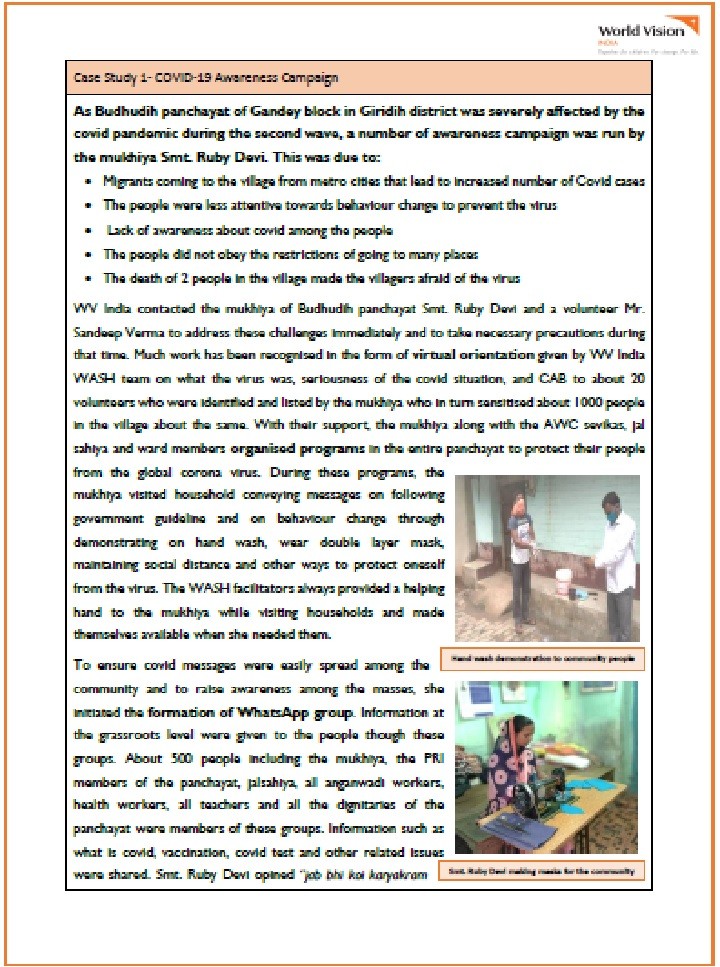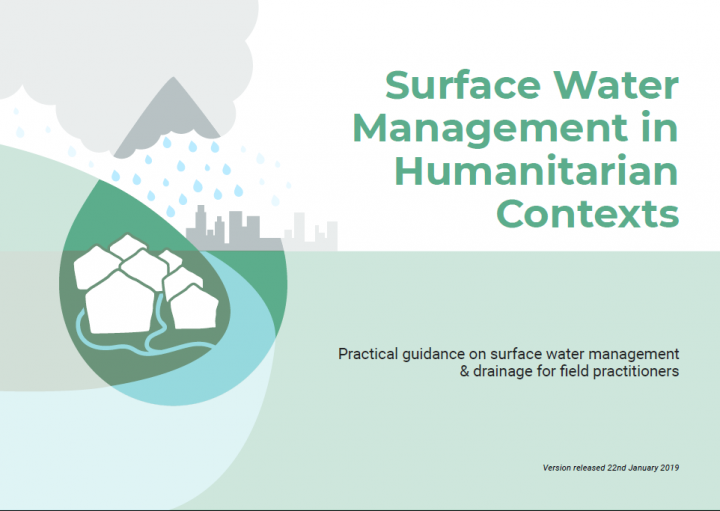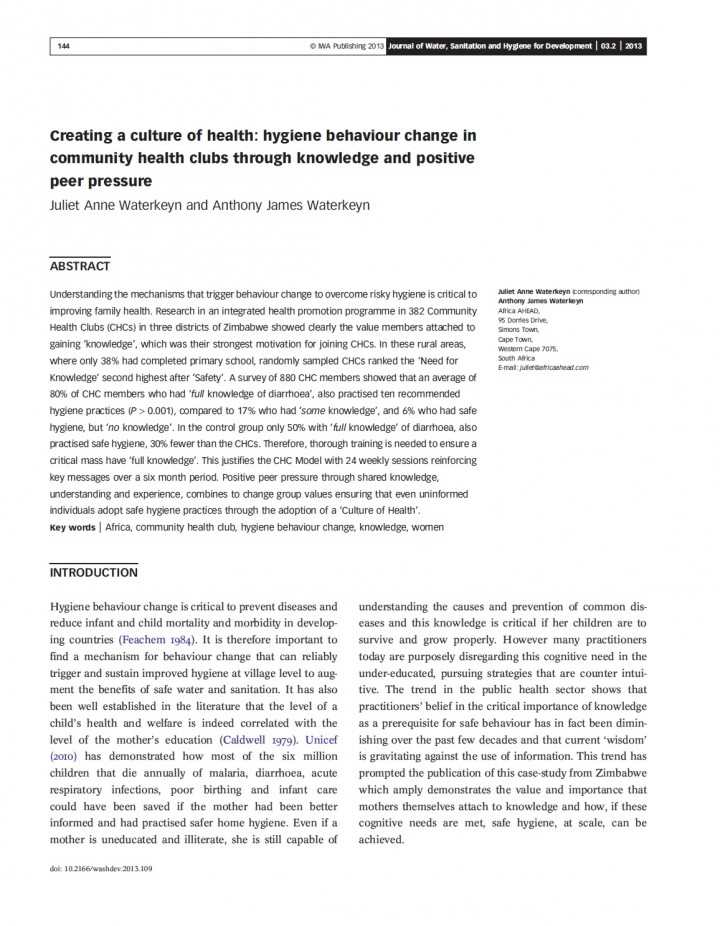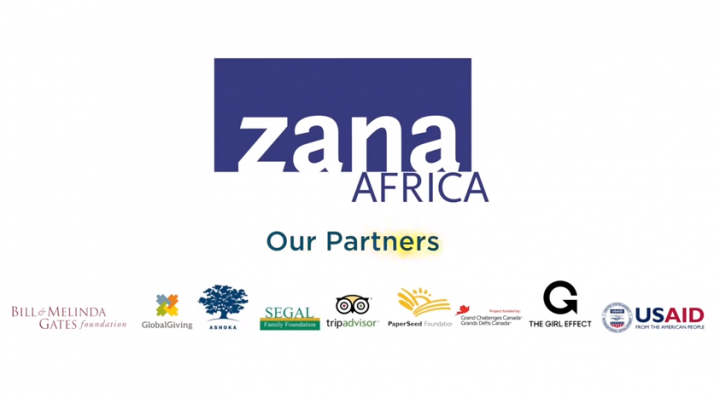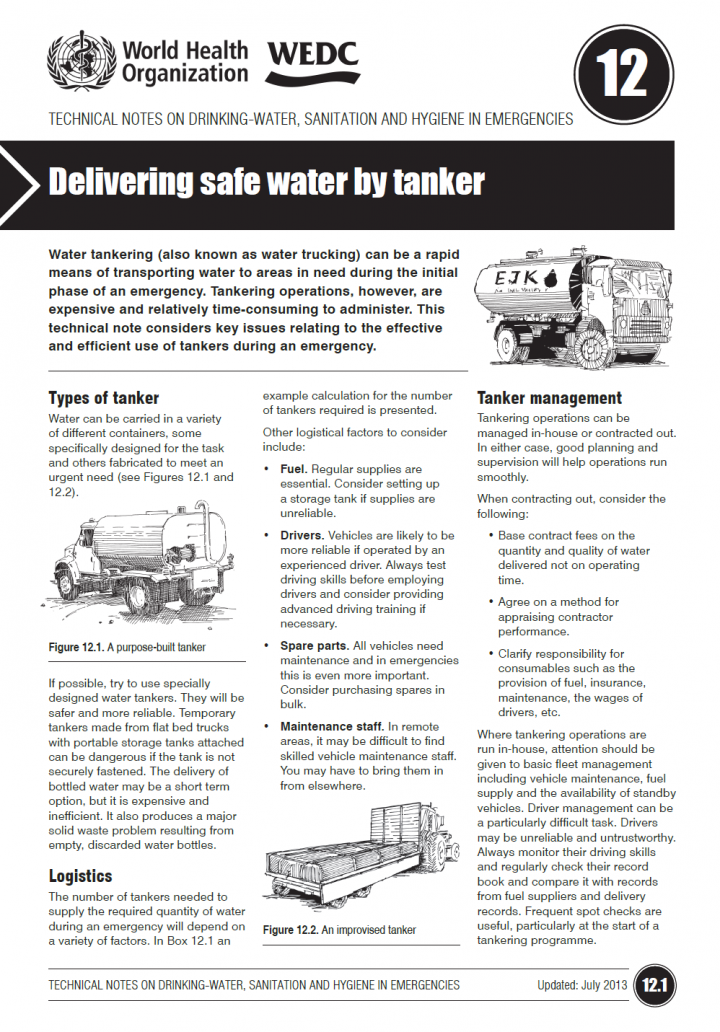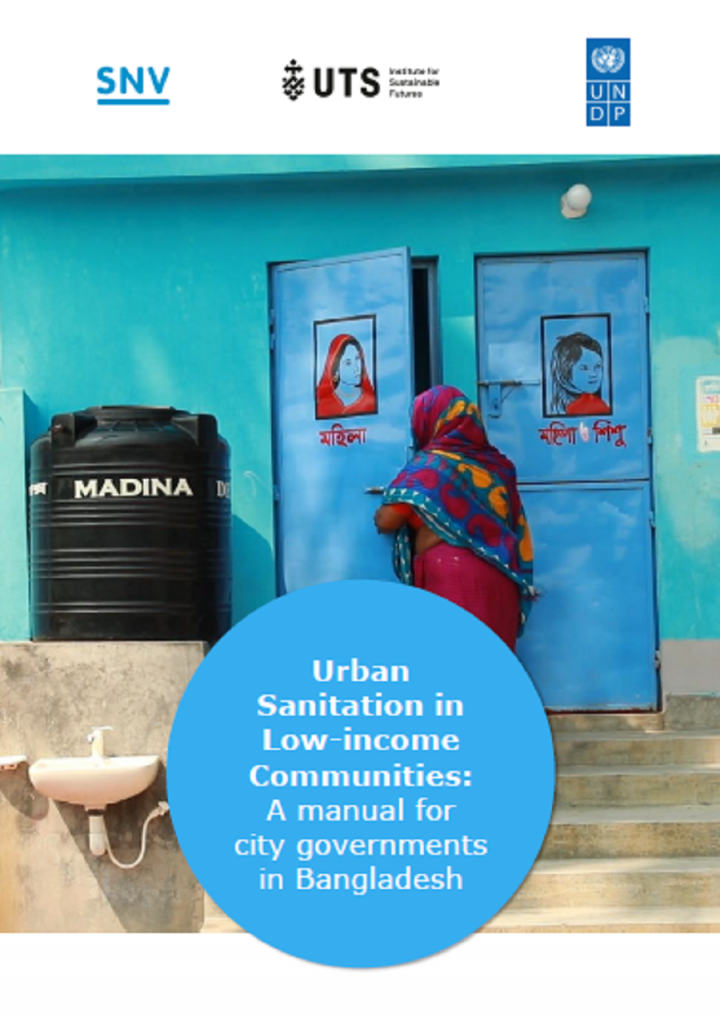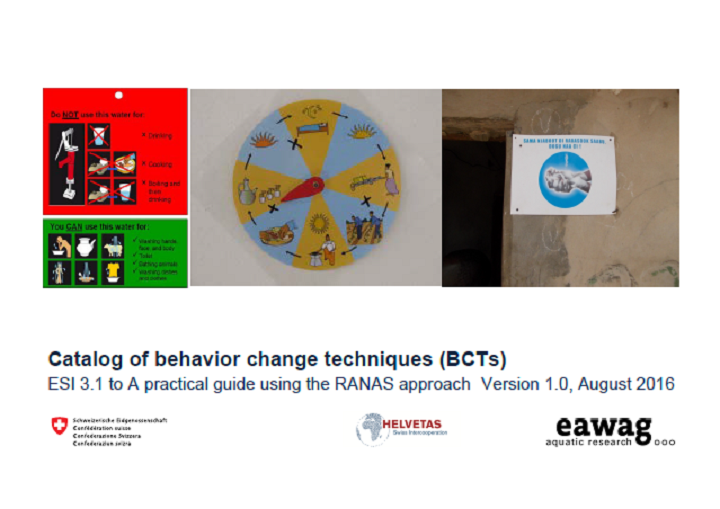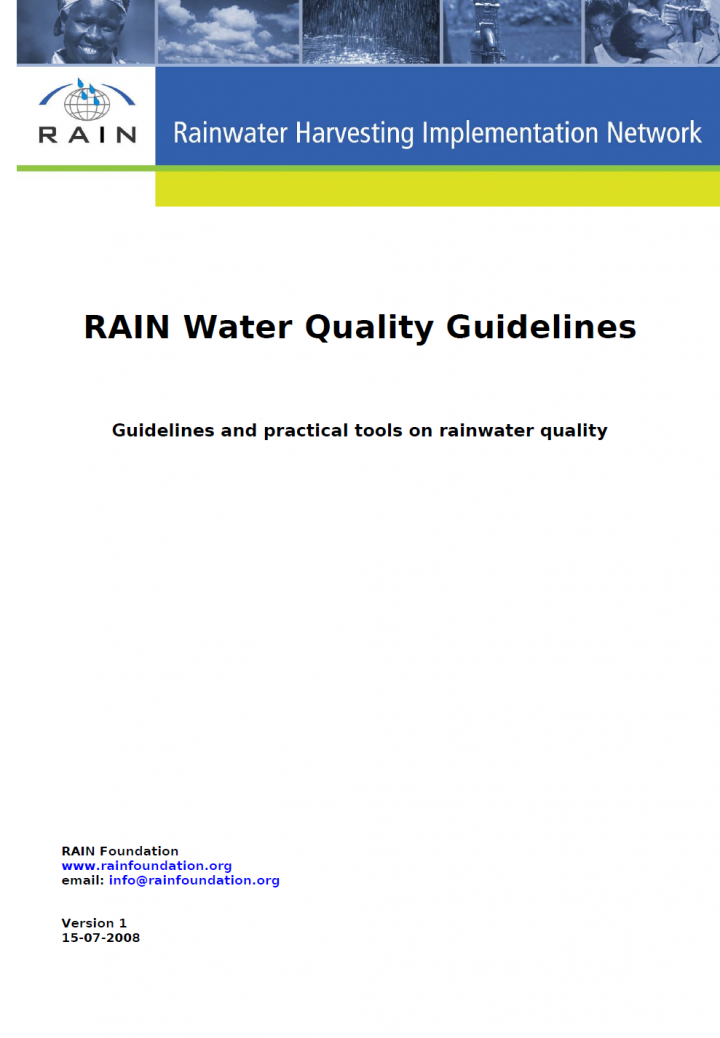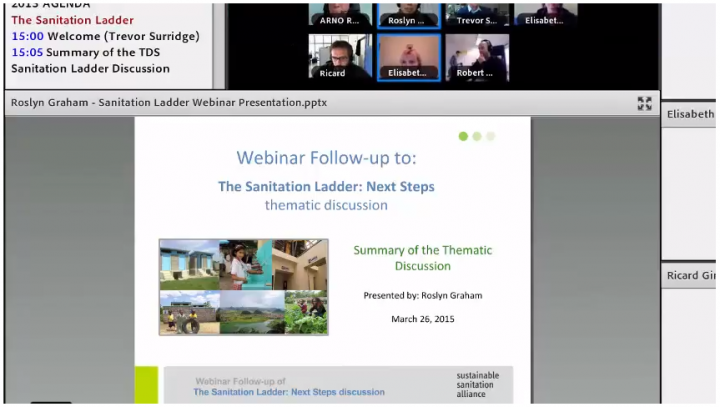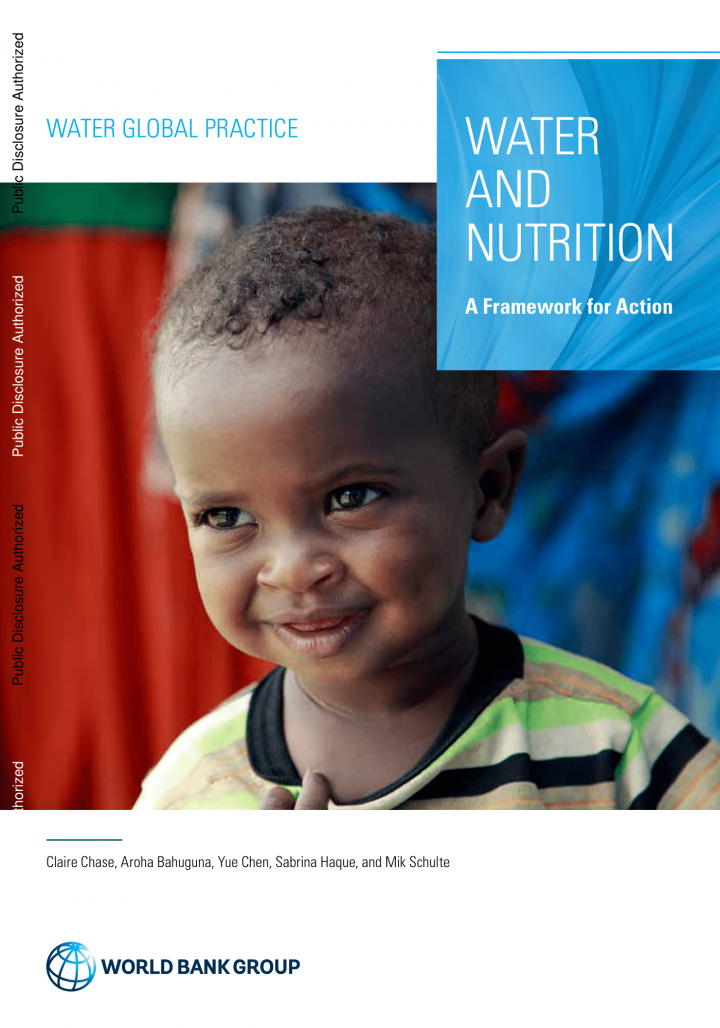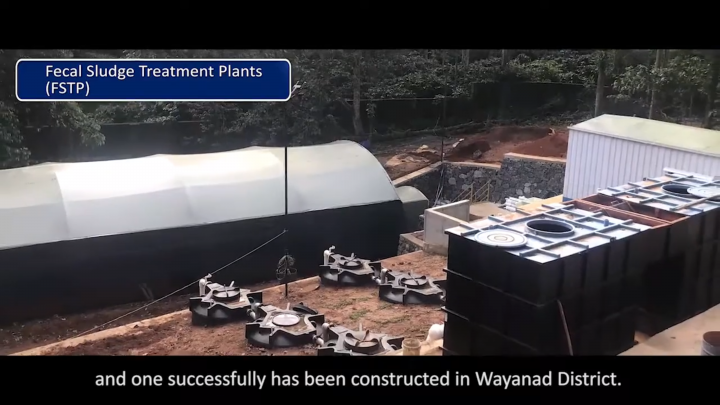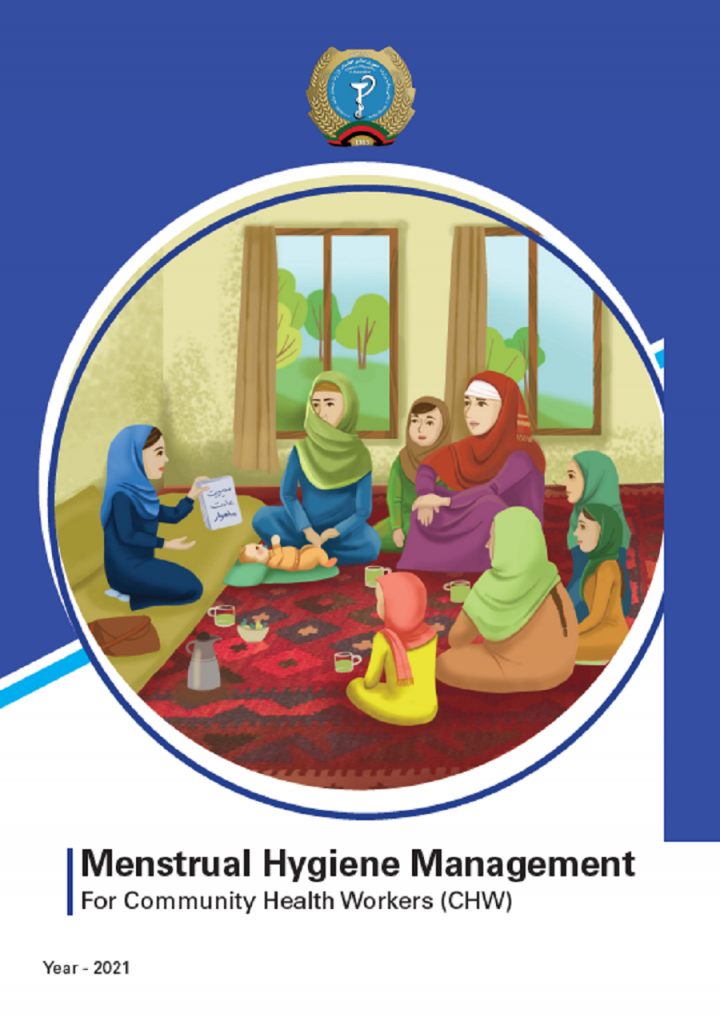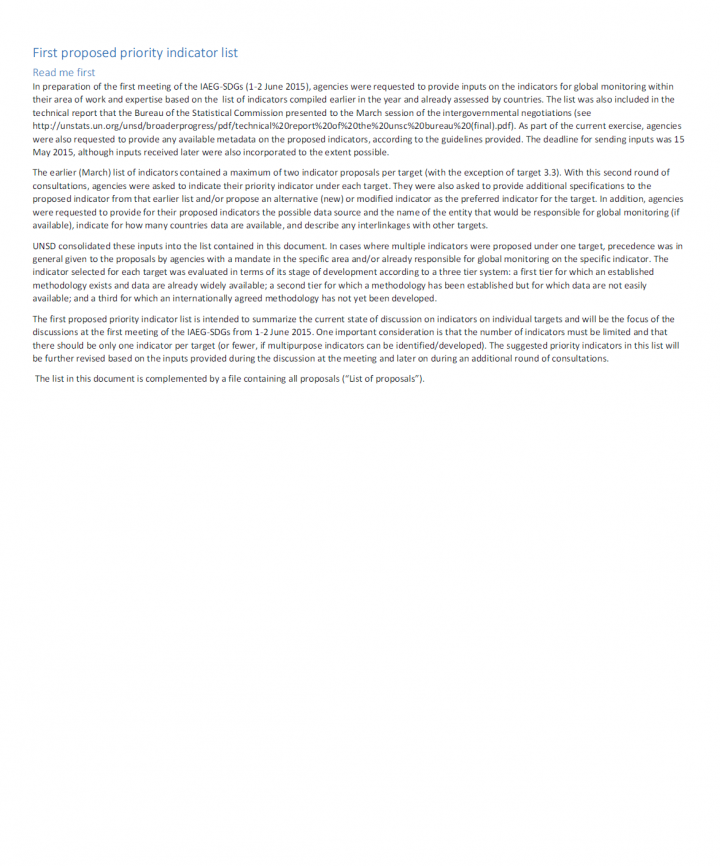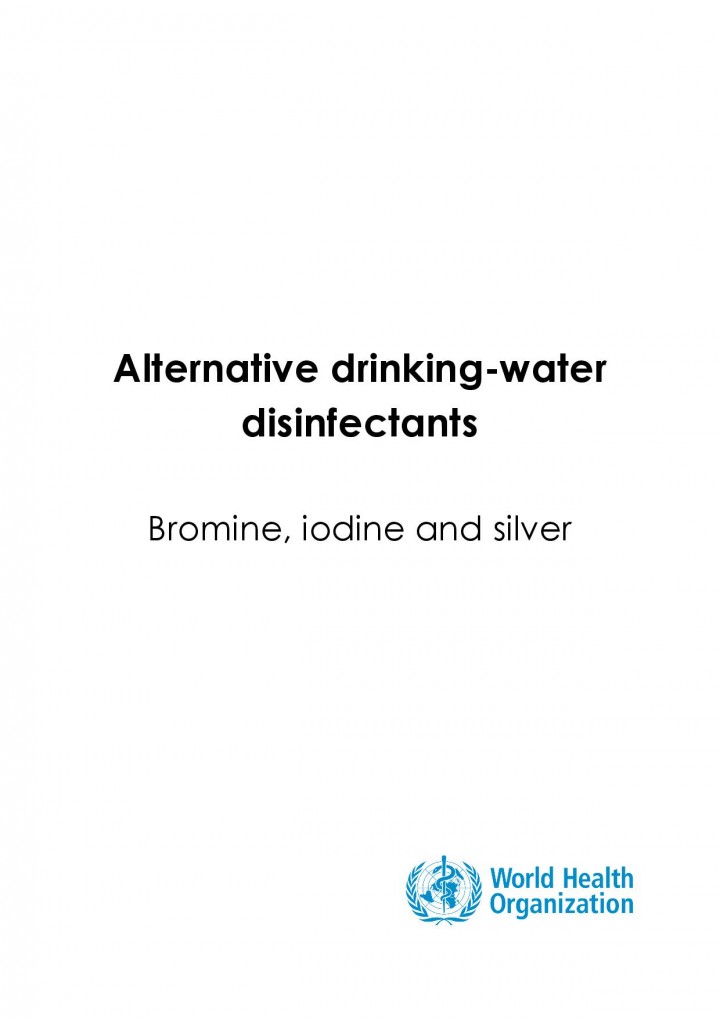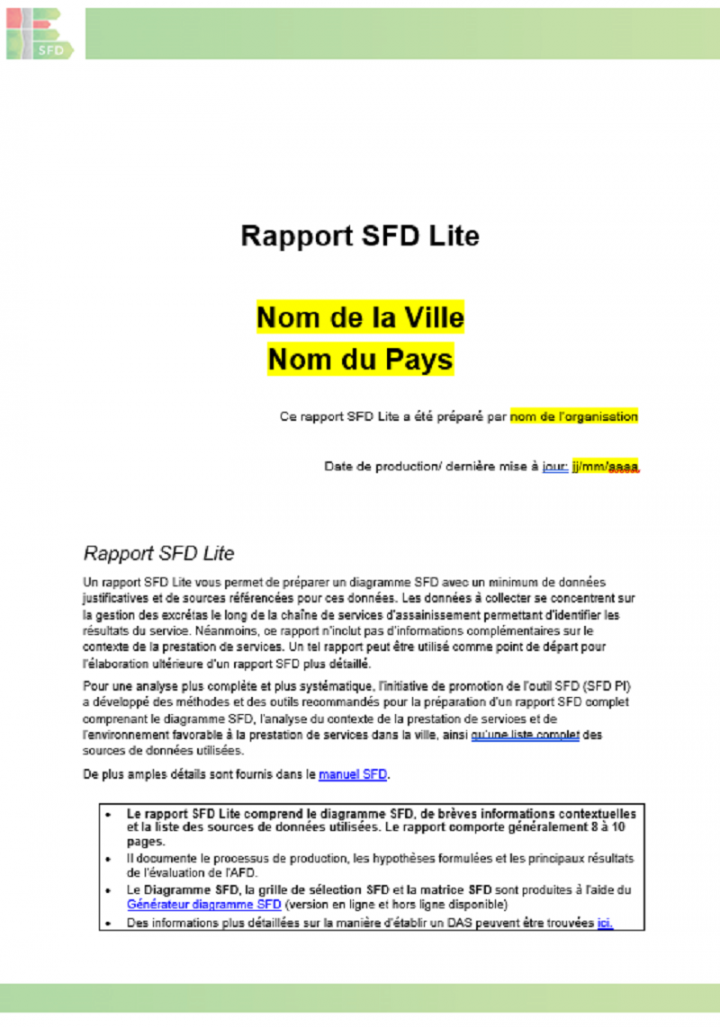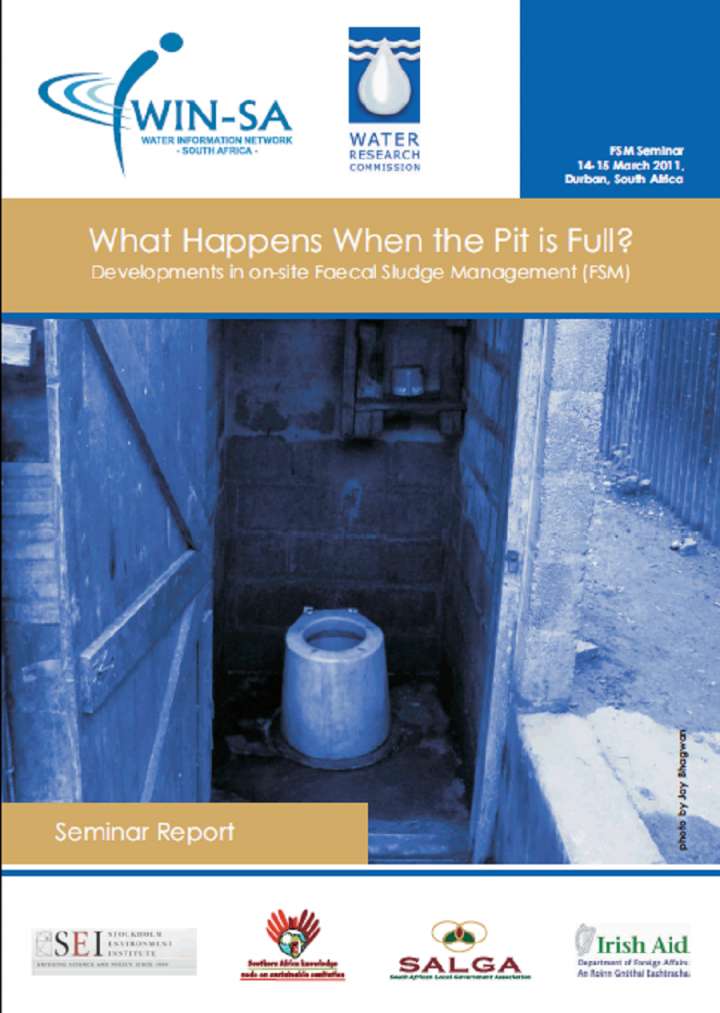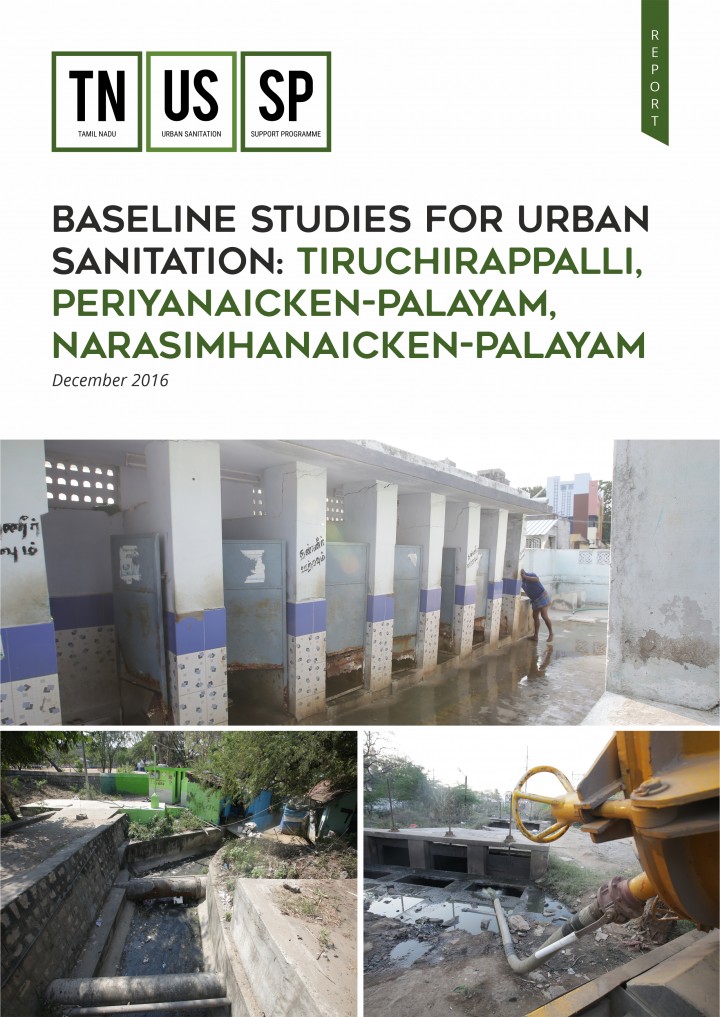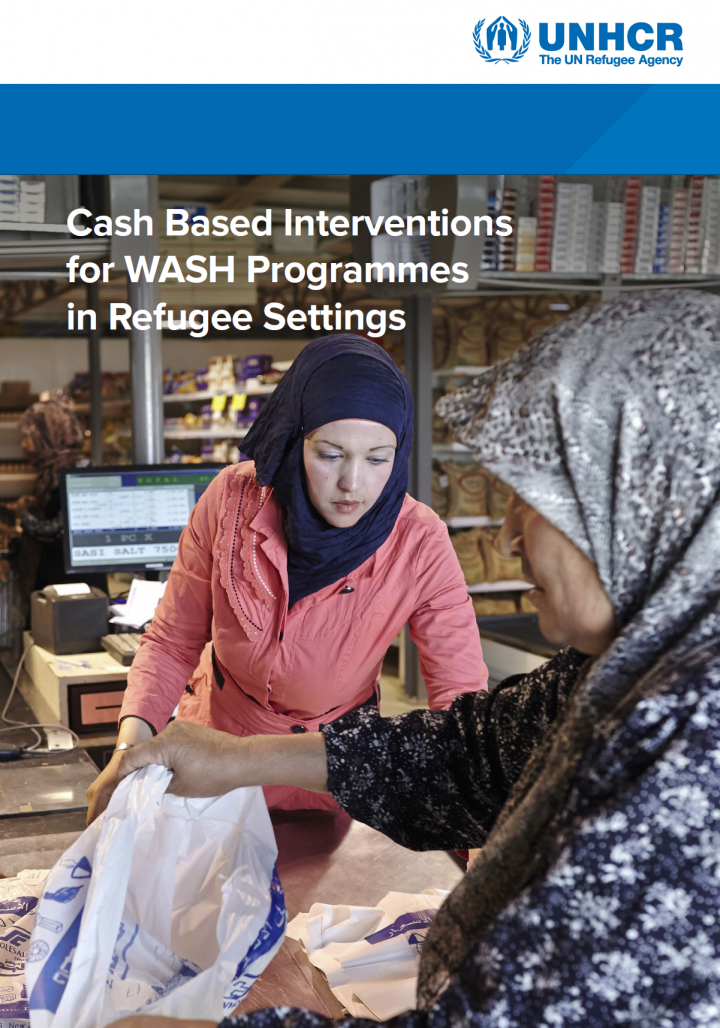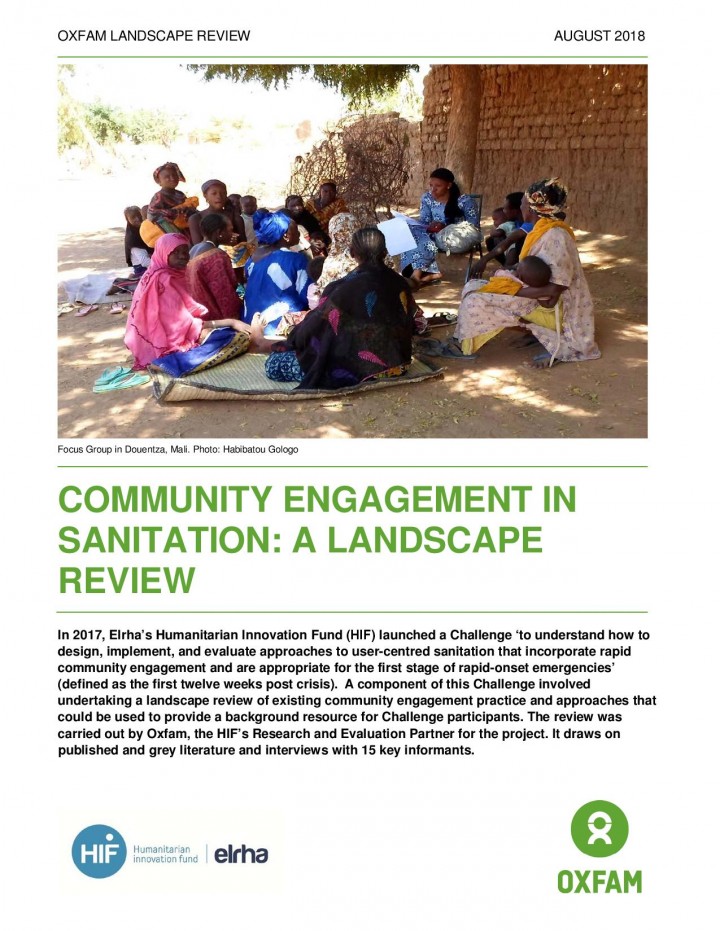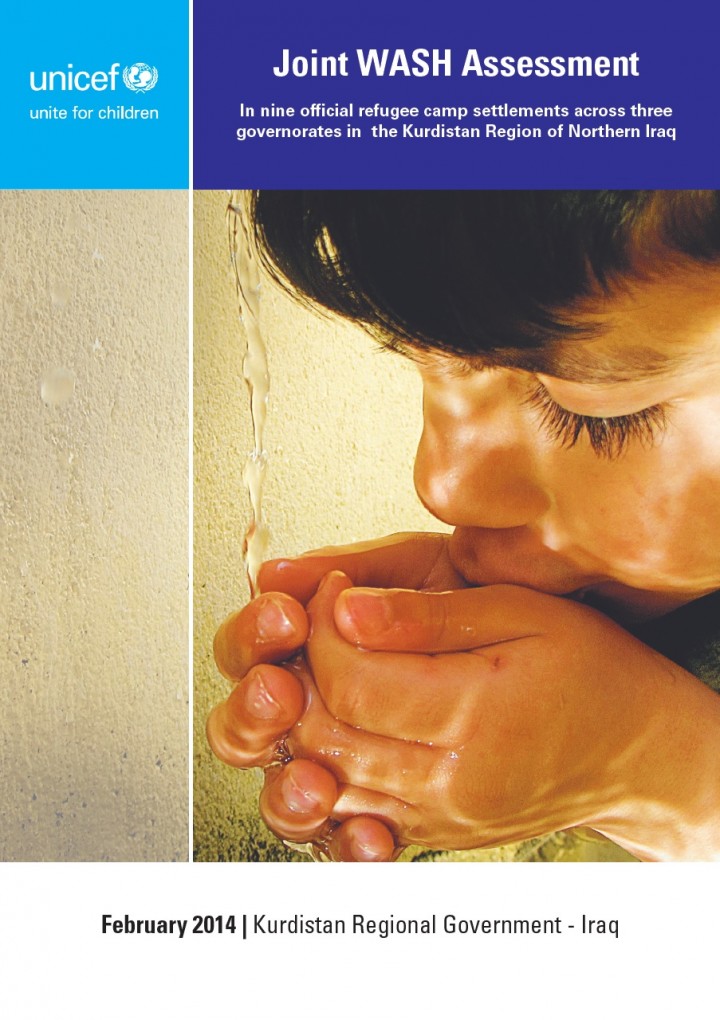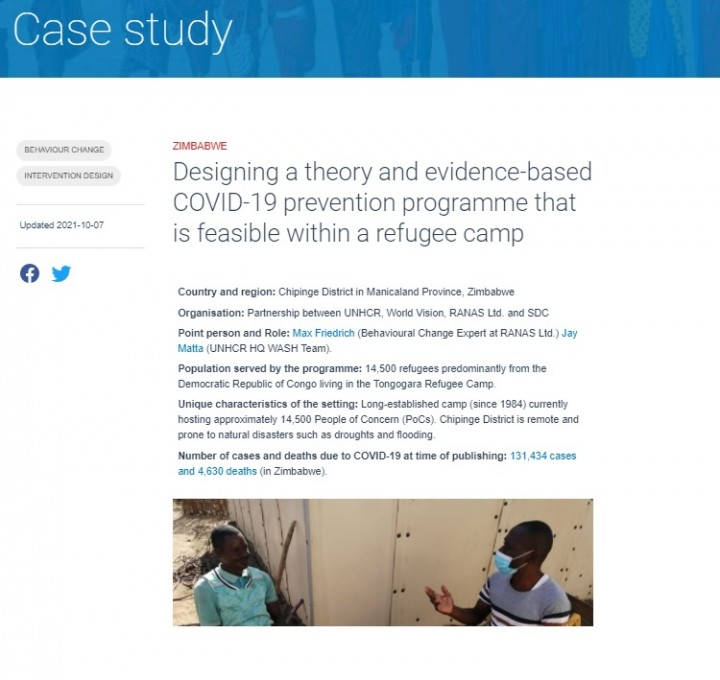Searching for information on Sanitation Workers?
The Sanitation Workers Knowledge + Learning Hub is the best source for all current news, trends, articles and updates on sanitation workers rights around the world.
Appropriate and adequate surface water management is essential to humanitarian response. To date, there has been limited guidance available to practitioners summarized as follows:
Little information beyond basic assessment of flood risk and implications of standing water on a site.
Limited guidance on surface water quality with most of the information focusing on the management of water …
Understanding the mechanisms that trigger behaviour change to overcome risky hygiene is critical to improving family health. Research in an integrated health promotion programme in 382 Community Health Clubs (CHCs) in three districts of Zimbabwe showed clearly the value members attached to gaining ‘knowledge’, which was their strongest motivation for joining CHCs. In these rural areas, where …
The Community Health Club (CHC) model is a community-based health promotion program that utilizes water, sanitation, and hygiene (WASH) education as the first stage of a longitudinal development process. Although the CHC model has been implemented in fourteen countries over 20 years, this is the first review of the literature describing the model’s outcomes and impact. We conducted a review of …
Water tankering (also known as water trucking) can be a rapid means of transporting water to areas in need during the initial phase of an emergency. Tankering operations, however, are expensive and relatively time-consuming to administer. This technical note considers key issues relating to the effective and efficient use of tankers during an emergency.
This manual is written for local government authorities in Bangladesh, specifically the city corporations and paurashava. However, it contains content useful for other urban sanitation actors in Bangladesh and other low-and middle-income countries.
The purpose of this manual is to provide guidance to local government in Bangladesh on supporting safely managed sanitation in low-income …
This document will address RAINs guidelines towards water quality and will give practical
guidelines to improve and maintain an acceptable water quality of harvested rainwater for
drinking purpose. It will describe criteria for water quality of harvested rainwater, placed within
the socio-economic and geographical context of RAINs target countries. The most practical
approach of improving …
This framework for action was developed to support the inclusion of nutritional considerations in the design of water operations and to help formulate nutrition-enhancing water policy. Chronic undernutrition early in life can cause cognitive and physical impairments that prevent children from achieving their full potential and have lasting consequences on the human capital that is essential for …
Community murals could help CEA practitioners to promote coexistence in public spaces; involving communities, it can be a vehicle for social cohesion and inclusion. This guide presents the steps to follow to develop a community muralisation activity within a migration framework.
The Government of Kerala became open defecation free in 2016, allowing it to tackle the next challenge on the sanitation cycle - Faecal Sludge management. With funding support and supervision from UNICEF, and technical implementation by PriMove and TBF Environmental Solutions, Wayanad district constructed a Faecal Sludge Treatment Plant (FSTP) that uses earthworms to filter through the waste and …
Recent researches show that Afghan women and girls face many challenges in managing their menstrual cycle or menstruation. They do not have access to sufficient facilities and face discriminatory customs and traditions in the family and society. This issue has made it difficult for them to observe proper health conditions and cleanliness during menstruation.
About 70 percent of girls do not …
Disinfection of water has greatly contributed to reducing risks to public health from microbiologically contaminated drinking water.
Numerous disinfection techniques have been developed over the centuries that are used in a wide range of applications, ranging from large and small public drinking-water plants to point-of-entry and point-of-use (POU) treatment devices.1 Although chlorine has been …
The objective of the seminar was to enable anyone responsible for the sustainable operation of
on-site sanitation systems to find out about new developments in the field, and to share their
experience with counterparts from elsewhere in Southern Africa and the world.
The seminar was split across six sessions and ended with two field visits (hosted by eThekwini's
Water and Sanitation …
The simple hygiene habits of handwashing with soap and toothbrushing significantly contribute to the health and well-being of children and should be part of their education. While the idea of teaching handwashing and toothbrushing in schools has been around for decades, the actual practice of these activities has been hindered by long queues around the washing station. The concept of building …
In the Kunnakura Panchayat, Ernakulam district, Kerala, the authorities took several steps to arrest the spread of the pandemic and provide relief to those affected. Saji Sebastian, Executive Director, Socio-Economic Unit Foundation, said a 24-hour control room was set up in primary health centres (PHCs) to coordinate health activities, a steering committee including opposition members was set up …
TNUSSP carried out a baseline study in Tiruchirappalli city and the two town panchayats of Periyanaicken- Palayam and Narasimhanaicken-Palayam in Coimbatore district. The study aimed to profile households, establishments and schools in these locations in terms of their arrangement for toilets, existing containment types, collection, conveyance, and disposal mechanism along with water supply …
Human rights underpin all aspects of UNHCR’s international protection work and provide a basic normative framework governing UNHCR’s protection and asistance activities, including in support to access water, sanitation and hygiene (WASH) services. UNHCR supports the full implementation by States of their obligations under international and human rights law as provided for, inter alia, in the …
In 2017, Elrha’s Humanitarian Innovation Fund (HIF) launched a Challenge ‘to understand how to design, implement, and evaluate approaches to user-centered sanitation that incorporate rapid community engagement and are appropriate for the first stage of rapid-onset emergencies’ (defined as the first twelve weeks post-crisis). A component of this Challenge involved undertaking a landscape …
This report presents the findings of a joint water, sanitation and hygiene (WASH) assessment conducted in nine official refugee camp settlements across three governorates in the Kurdistan Region of Northern Iraq (Dohuk, Erbil and Sulaymaniyah). The Syrian refugee population targeted by this assessment lives in permanent and transitional shelters in the nine camps. They receive various WASH …
UNHCR, World Vision, and RANAS Ltd. came together in April 2020 to design a theory-driven evidence-based behaviour change intervention aiming to increase handwashing with soap (HWWS) and physical distancing among Tongogara Refugee Camp residents in response to the COVID-19 pandemic.

